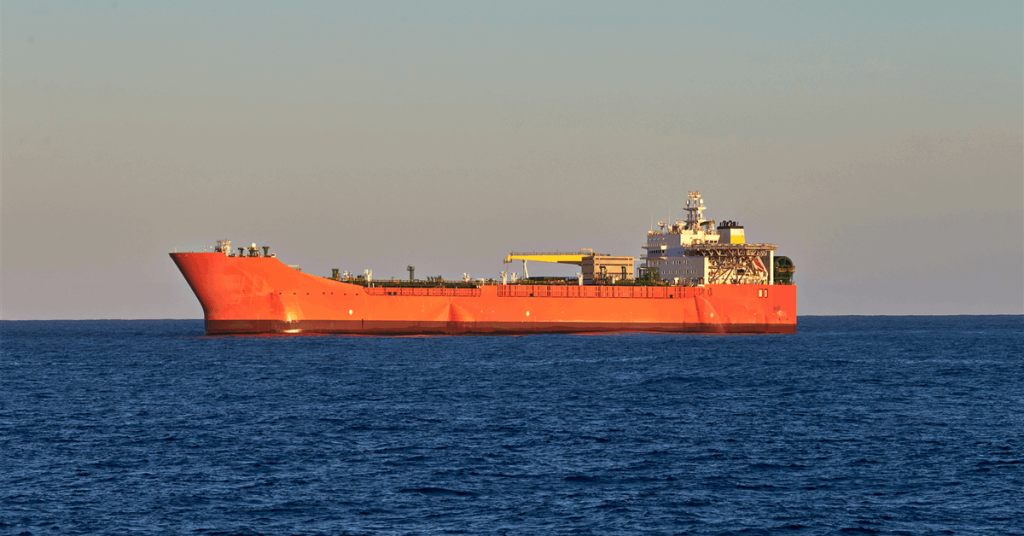Seatrium Limited said it is set to deliver the first of a series of turnkey floating production storage and offloading vessels (FPSOs) to Brazil’s Petroleo Brasileiro S.A (Petrobras).
Upon delivery, the PETROBRAS 78 (P-78) FPSO will be deployed in Brazil’s Buzios deepwater oilfield, with a production capacity of 180,000 barrels of oil per day (bopd), 254.2 million cubic feet (7.2 million cubic meters) of gas per day, and a storage capacity of 2 million barrels of oil, Seatrium said in a news release.
The P-78 FPSO will “rank among the largest in the global operating fleet of FPSOs, the company said.
First oil is expected in December and will increase the field’s current installed production capacity by approximately 18 percent to approximately 1.15 million barrels per day, Petrobras said in a separate statement.
The platform will be towed to the location with a crew onboard, which will allow production to begin approximately two weeks earlier, according to the statement.
Manned transportation allows several complex FPSO systems to be maintained in operational condition, the commissioning process to continue, and team training on these systems, reducing the total time between arrival at the final location and the start of oil production, Petrobras said.
The Buzios field is located in the Santos Basin at depths of up to 6,890 feet (2,100 meters), 112 miles (180 kilometres) off the coast of Rio de Janeiro state.
The project has 13 wells consisting of six producing wells, six Water Alternating Gas (WAG) injectors, and one gas injector. The unit will be interconnected with rigid pipelines for gas production, injection, and export, as well as flexible pipelines for service and gas lift lines, the oil major said.
The P-78 FPSO is the seventh unit planned for installation in the field and joins P-74, P-75, P-76, P-77, Almirante Barroso, and Almirante Tamandaré, Petrobras said.
Seatrium CEO Chris Ong said, “We take great pride in delivering the first of the series of engineering, procurement and construction (EPC) FPSO to Petrobras. As a leader in providing sustainable offshore energy and infrastructure assets, Seatrium is committed to supporting Petrobras in their efforts to reduce carbon emissions from their floating production units. Our long-standing partnership with Petrobras in their decarbonization journey spans five other FPSO projects, each showcasing innovative sustainability features. We look forward to building on our strong track record of performance, leveraging our seamless One Seatrium Global Delivery model to continue delivering safe and high-quality vessels that meet the evolving demands of the industry”.
Petrobras Executive Officer for Engineering, Technology and Innovation Renata Baruzzi said, “The FPSO P-78 is more than just the largest and most complex unit ever built for Petrobras — it is a testament to how far we’ve come. This vessel embodies the highest standards of construction and commissioning quality, integrating a wealth of new specifications and hard-earned lessons from the Replicantes and Cessão Onerosa FPSO series. In many ways, the P-78 is the culmination of over 15 years of Petrobras’ legacy in building and operating FPSOs in the Pre-Salt region — a legacy now sailing into the future”.
To contact the author, email rocky.teodoro@rigzone.com
Generated by readers, the comments included herein do not reflect the views and opinions of Rigzone. All comments are subject to editorial review. Off-topic, inappropriate or insulting comments will be removed.
element
var scriptTag = document.createElement(‘script’);
scriptTag.src = url;
scriptTag.async = true;
scriptTag.onload = implementationCode;
scriptTag.onreadystatechange = implementationCode;
location.appendChild(scriptTag);
};
var div = document.getElementById(‘rigzonelogo’);
div.innerHTML += ” +
‘‘ +
”;
var initJobSearch = function () {
//console.log(“call back”);
}
var addMetaPixel = function () {
if (-1 > -1 || -1 > -1) {
/*Meta Pixel Code*/
!function(f,b,e,v,n,t,s)
{if(f.fbq)return;n=f.fbq=function(){n.callMethod?
n.callMethod.apply(n,arguments):n.queue.push(arguments)};
if(!f._fbq)f._fbq=n;n.push=n;n.loaded=!0;n.version=’2.0′;
n.queue=[];t=b.createElement(e);t.async=!0;
t.src=v;s=b.getElementsByTagName(e)[0];
s.parentNode.insertBefore(t,s)}(window, document,’script’,
‘https://connect.facebook.net/en_US/fbevents.js’);
fbq(‘init’, ‘1517407191885185’);
fbq(‘track’, ‘PageView’);
/*End Meta Pixel Code*/
} else if (0 > -1 && 82 > -1)
{
/*Meta Pixel Code*/
!function(f,b,e,v,n,t,s)
{if(f.fbq)return;n=f.fbq=function(){n.callMethod?
n.callMethod.apply(n,arguments):n.queue.push(arguments)};
if(!f._fbq)f._fbq=n;n.push=n;n.loaded=!0;n.version=’2.0′;
n.queue=[];t=b.createElement(e);t.async=!0;
t.src=v;s=b.getElementsByTagName(e)[0];
s.parentNode.insertBefore(t,s)}(window, document,’script’,
‘https://connect.facebook.net/en_US/fbevents.js’);
fbq(‘init’, ‘1517407191885185’);
fbq(‘track’, ‘PageView’);
/*End Meta Pixel Code*/
}
}
// function gtmFunctionForLayout()
// {
//loadJS(“https://www.googletagmanager.com/gtag/js?id=G-K6ZDLWV6VX”, initJobSearch, document.body);
//}
// window.onload = (e => {
// setTimeout(
// function () {
// document.addEventListener(“DOMContentLoaded”, function () {
// // Select all anchor elements with class ‘ui-tabs-anchor’
// const anchors = document.querySelectorAll(‘a .ui-tabs-anchor’);
// // Loop through each anchor and remove the role attribute if it is set to “presentation”
// anchors.forEach(anchor => {
// if (anchor.getAttribute(‘role’) === ‘presentation’) {
// anchor.removeAttribute(‘role’);
// }
// });
// });
// }
// , 200);
//});

